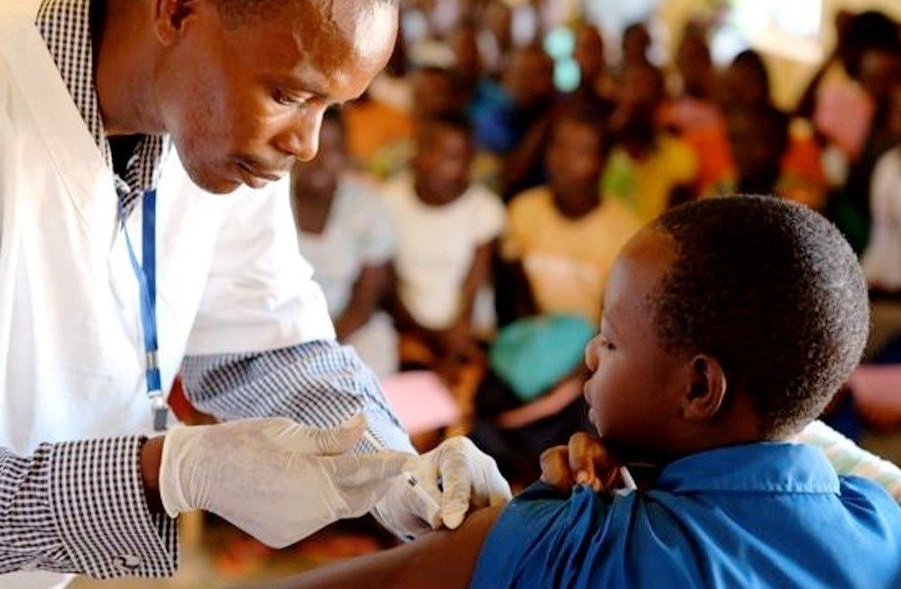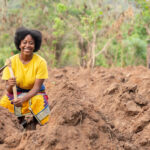Many rural residents in Kwara State have long avoided public hospitals due to inadequate staff, poorly equipped healthcare centres, drug shortages and outdated laboratory facilities that have made treatment a gamble.
The state government is taking concise action towards restoring confidence in community healthcare with the recent launch of the Human Capital Opportunities for Prosperity and Equity — Project HOPE
The Kwara state government began the distribution of hospital and laboratory equipment, essential drugs, and medical supplies to the state hospital management board and PHCs across the state on Wednesday.
The intervention aims to strengthen the foundations of the health sector — primary healthcare, which caters to over 70% of the population.
A national crisis
Nearly 80% of the nation’s PHCs are non-functional or poorly equipped, restricting access to efficient healthcare for millions, especially in the country’s remotest parts.
For many years, that was the reality in parts of Kwara, where residents sometimes had to travel over 20 kilometres to access functioning clinics.
The programme floated by the Kwara Ministry of Finance and the State Primary Health Care Development Agency provides hospitals with medical and laboratory equipment such as haematology analysers, delivery couches, weighing scales, hospital beds, motorcycles for outreach, and tricycles for patient transport.
It also includes the distribution of essential drugs and laptops to digitise patient records — a first for many PHCs.
The initiative, according to officials, reflects the government’s commitment to building a functional and people-centred health system that leaves no one behind.
It focuses on closing long-standing gaps in healthcare infrastructure, manpower, and service delivery — particularly in underserved communities.
Project HOPE’s broader goal aligns with Nigeria’s push toward Universal Health Coverage, or UHC. The health system remains heavily reliant on private providers who deliver about 70 per cent of healthcare services in the country.
Beyond Kwara
By improving PHC infrastructure, Kwara follows in the footsteps of other such states like Kaduna and Ekiti, which have recently launched performance-based financing and mobile outreach programmes in view of enhancing healthcare access for low-income populations.
Ekiti state, for instance, based on recent Demographic and Health Survey data, has recorded over 50% decline in neonatal, infant, and under-five mortality rates within the past five years. Kwara’s project HOPE could generate similar results by focusing on both equipment and human capacity.
Beyond distribution, officials say Project HOPE includes a monitoring component to ensure that each health facility makes judicious use of the supplies. It also provides a foundation for future training and performance assessment—essential for long-term impact.
By restoring functionality to PHCs, Kwara is quietly showing what is possible when health investments are community-focused and data-driven.
Summary not available at this time.






